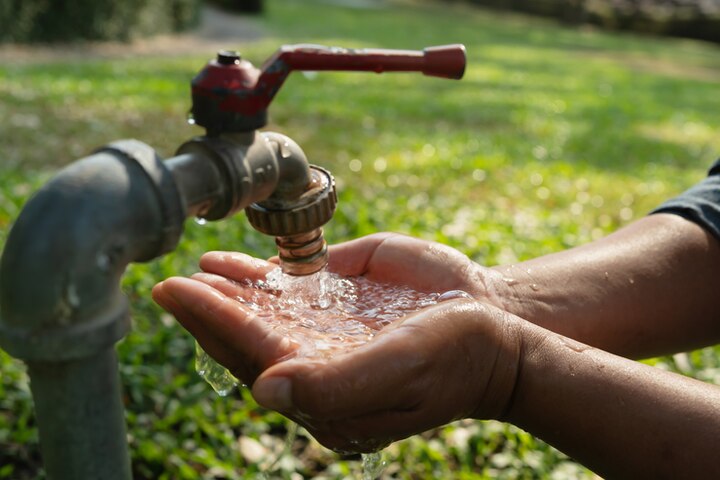Namibia Strengthens Water Security Amid Climate and Industrial Pressures. Namibia is taking significant steps to enhance water security as climate change and industrial growth continue to strain the country’s limited water resources, according to Calle Schlettwein, Minister of Agriculture, Water and Land Reform.
Speaking at the Namibia Regional Water Symposium in Keetmanshoop, Schlettwein emphasized that Namibia, being the driest nation in Southern Africa, faces ongoing challenges in managing its water supply. The country relies heavily on groundwater, making sustainable management crucial, especially as climate change brings unpredictable weather patterns and increased water scarcity.
The symposium, which focuses on water security, economic development, and sustainable resource management, also highlighted the impact of major industrial projects on Namibia’s water supply.
Schlettwein pointed out that the expansion of green hydrogen production and mining activities in the Hardap and Omaheke regions could further pressure existing resources. He stressed the importance of aligning these projects with sustainability goals to ensure water remains accessible and safe for all.
To strengthen water governance, Namibia has implemented the Water Resource Management Act 11 of 2013, which came into effect in August 2023. This framework aims to streamline water management, establish clear guidelines for water users, and promote efficient resource allocation.
Schlettwein called for collaboration among government agencies, businesses, and communities, emphasizing that achieving water security requires a joint effort. “No single entity can ensure water security alone. We must work together, embrace innovation, and remain committed to sustainable solutions,” he said.
Join 'Namibia Today' WhatsApp Channel
Get the breaking news in Namibia — direct to your WhatsApp.
CLICK HERE TO JOIN






